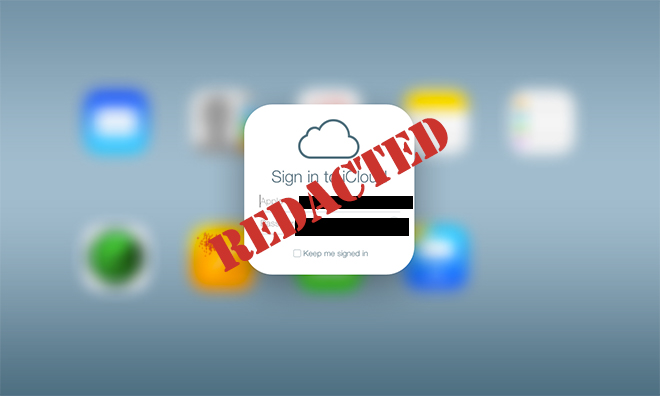In addition to releasing a public report outlining requests for customer information from various U.S. government agencies, Apple on Tuesday filed an amicus brief in support of an initiative looking for greater transparency of the situation.
Apple's filing with the Foreign Intelligence Surveillance Court, known as the FISA Court, argues for the right to be more transparent with consumers over government requests for personal data. Currently, official procedure restricts companies from providing the aggregate number of demands from U.S. agencies in the name of national security, notes FOSS Patents' Florian Mueller, who obtained a copy of the brief.
Protocol restricts Apple, as well as other firms tapped for information from the government, to disclose those requests in ranges rather than precise numbers. For example, some agencies stipulate information requests can be made public in ranges of 1,000.
Apple calls these restrictions "gag orders," and is throwing its hat in with a cadre of U.S. tech giants, including Google, Microsoft, Yahoo!, Facebook and LinkedIn, that are seeking permission to publish aggregate numbers, not just vague ranges.
The Cupertino company goes as far as calling the blanket ban on aggregate request transparency a violation of First Amendment rights, as the publication of such information is not necessary to protect national security.
As an example, Apple offers as an exhibit to the amicus brief a letter sent by the Federal Bureau of investigation regarding permission to disclose aggregate process calls received from the agency.
"[T]he FBI required to group the receipt of national security requests with requests from police investigating robberies and other crimes, searching for missing children, or hoping to prevent a suicide," reads Apple's brief.
In addition, the FBI also required its information requests be segregated into "bands" of 1,000, starting from zero.
Apple points out in the brief that the FBI "portrayed its decision as an exercise of its discretion not to enforce the statute against Apple specifically." Indeed, the FBI's correspondence stated that national security implications "may vary depending on the identity of the company that is making the disclosure and the overall number of disclosures by different companies."
In rebuttal, Apple notes there were only 1,000 to 2,000 combined law-enforcement and national security requests for user information over the first half of 2013. By comparison, iCloud now serves over 350 million customers worldwide and the company has sold over 700 million iPads and iPhones.
"Whatever percentage of this number is accounted for by national security requests would necessarily represent an infinitesimal fraction of Apple's overall subscriber base," Apple argues. "It is therefore simply not possible that disclosure of the aggregate figure could compromise an investigation or reveal to a user that the user has been targeted under FISA or the FISA Amendment Acts."
Along with Apple, Dropbox has also filed an amicus brief in support of the transparency initiative, though the chances of earning a favorable declatory judgment from FISA remains up in the air.
 Mikey Campbell
Mikey Campbell







 Charles Martin
Charles Martin


 Wesley Hilliard
Wesley Hilliard
 Stephen Silver
Stephen Silver
 William Gallagher
William Gallagher

 Marko Zivkovic
Marko Zivkovic









1 Comment
Bothersome that a company can be trusted with my information more than my government.